We've all been there; you go grocery shopping with healthy intentions and load up on fresh fruits and veggies.
Fast forward a week later and…
Now you're guiltily tossing shriveled celery stalks in the trash and ordering in dinner cause there's nothing appetizing in the fridge. Leftovers just don't sound good and your crisper drawer has quickly become a place where good fruit goes bad.
Whatever the case may be, everyone definitely has room in their life for a little “waste not, want not!”
Food waste may be hard for some to wrap their heads around. Having a clearer picture of the situation and its impact on your life, the economy and the environment may just be the motivation that you need to do something about it. So let’s take a hard look at what is really happening when it comes to our food resources.
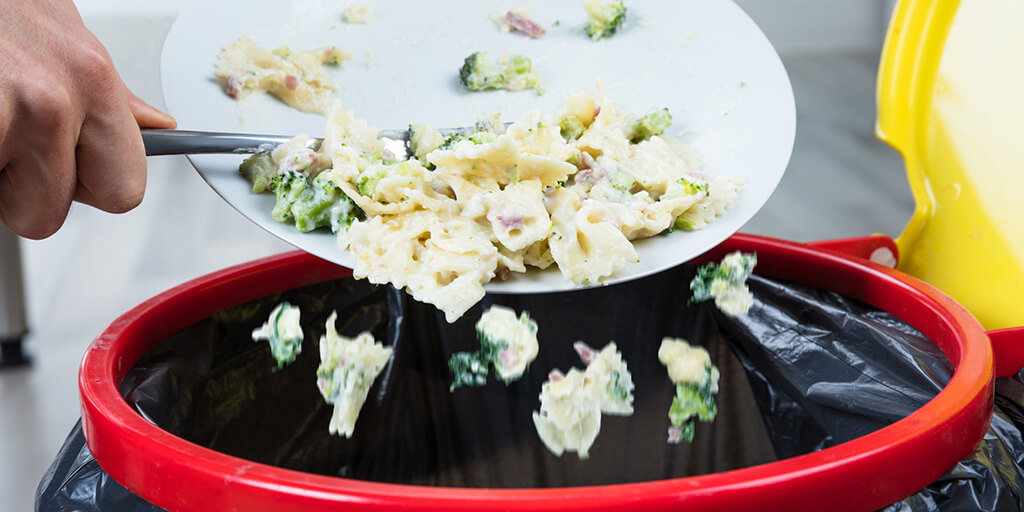
Food Waste in America
Sadly, in the United States, it’s no secret that an incredible amount of food goes to waste in our restaurants, at home and any other place that serves meals. In fact, according to the Natural Resources Defense Council, up to 40 percent of food is never eaten. Never. This is a real shame.
Other findings are equally just as eye-opening. Recent research from the United States Department of Agriculture (USDA) reveals that U.S. residents are responsible for $218 billion in food waste with the average American wasting 400 pounds of food annually.
That is about 150,000 tons of food tossed each day for no reason.
At the same time, while a large percentage of the population squanders food, there are also many struggling families out there trying to figure out how to put food on the table. Even more reason not to let precious food go to waste!
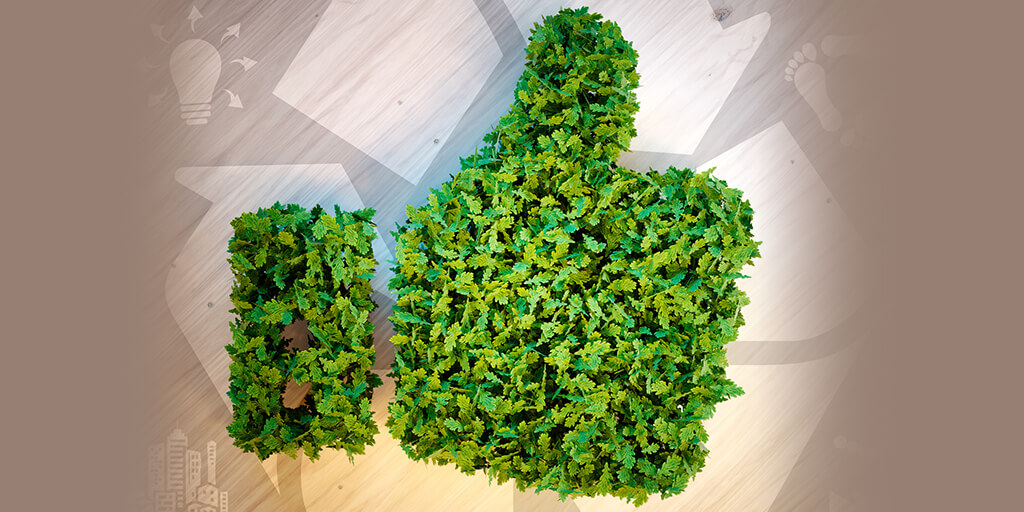
How Does Reducing Food Waste Help the Environment?
The good news is that as people become aware of how they are letting food go to waste, more and more will be mindful and take positive action to do their part in fixing the problem. While reducing food waste definitely benefits households because it saves them money, it can also make a huge difference for our planet and the environment.
In the United States alone, wasted food accounts for 21 percent of landfills according to the USDA. Imagine if everyone did their part to actually not waste food? That would mean a dramatic decrease in rotting decay and emission of methane gases from the food taking up space in landfills across the country. In fact, the Environmental Protection Agency says that reducing food waste also prevents pollution related to the manufacturing, transportation and selling of food.
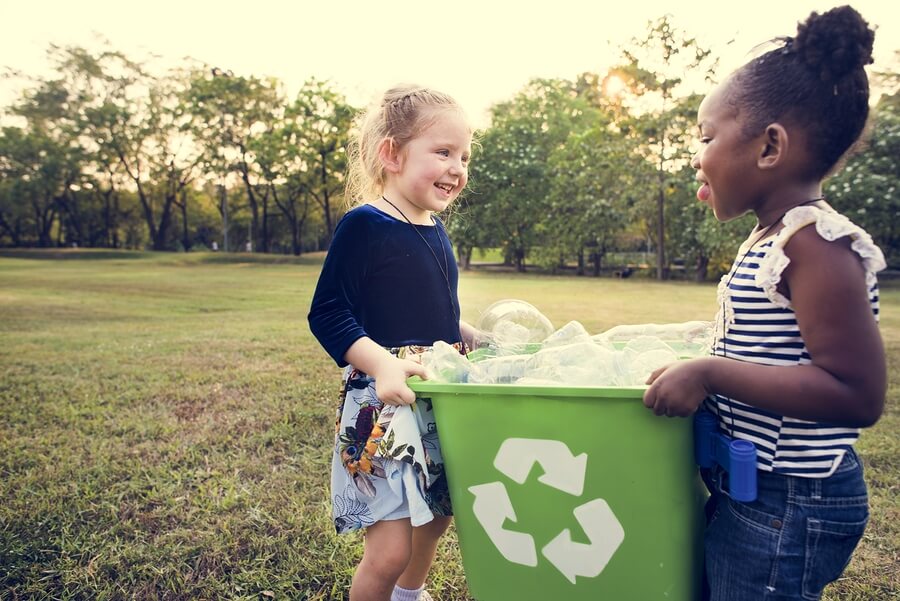
9 Great Ways to Reduce Your Food Waste
Despite the dire picture of food resources dwindling everywhere, all is not lost.
There are simple things people can do to actually reduce their food waste. Here are nine great ones for you:
Write a List
When grocery shopping, only buy what you will actually consume. Write down a list beforehand and stick to it no matter what. Resist the temptation to buy extra stuff in bulk.
Properly Store Food
Know what goes in the refrigerator versus what should stay at room temperature to cut down on over-ripening and spoilage.
Keep Your Fridge Clean
Hidden food usually stays out of mind and gets wasted because no one sees it so they can’t eat it. Cut down on the clutter so that everything is visible. This applies to your freezer as well.
Scale Back Portions
When preparing meals to eat at home or take to work, be realistic about how much you'll need to prevent it from going down the trash later. If eating out, if you order and the portions are large, don’t be shy about asking the server to box it up for you.
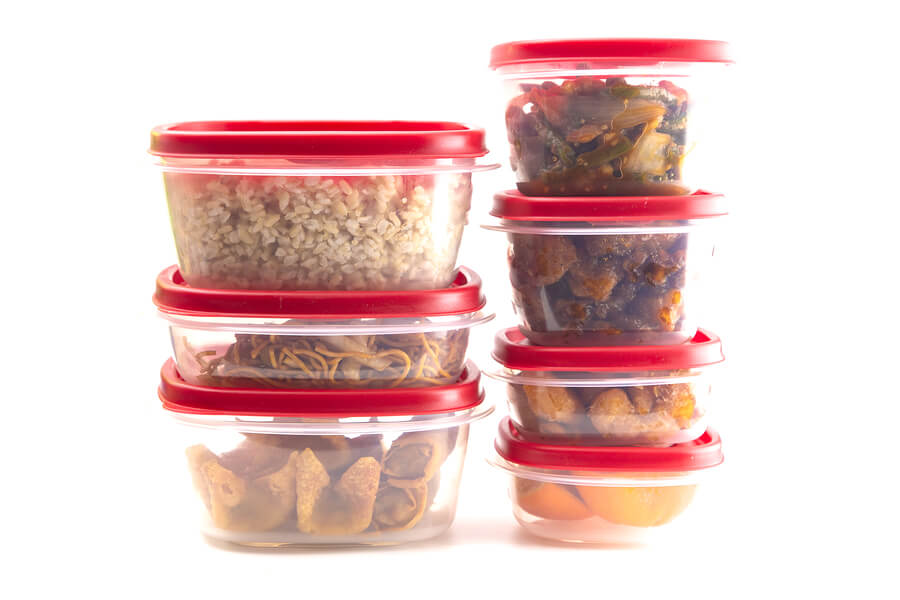
Love Your Leftovers
Commit to only plating just enough food that you can actually finish. Overshot it and are feeling stuffed? No problem. Ask for a to-go bag or get out the Tupperware. It’s that simple!
Pay Attention to Expiration Dates
Avoid letting food spoil by keeping track of what goes bad when. Also, recent evidence shows that dates are not exact and are really for inventory tracking purposes by stores. So before you sling it into the trash, do a small taste or smell test. Use good judgement before throwing food away and you may be surprised by what's actually still good.
Donate Food
There are many organizations that will gladly accept your food donations for others in need. Call around the community so you know what places to keep on the radar. Or if you are meeting up with friends or family, you could always bring your extra food for others to enjoy.
Learn Hacks for Helping Food Last Longer
For instance, pickling and canning extends the lifespan of vegetables and fruits through preservation. These items also happen to make great gifts any time of the year.
Compost
Turn those food scraps into nutrient-rich fertilizer. Everything from vegetable peels to used tea bags can work. Just be sure you are composting the proper way. Composting is the gift that keeps giving and will do wonders for your garden, yard and the environment.
By implementing a few or all of these suggestions, you are well on your way to reducing your food waste. Now let’s take a look at how to dispose of any food waste that you have.
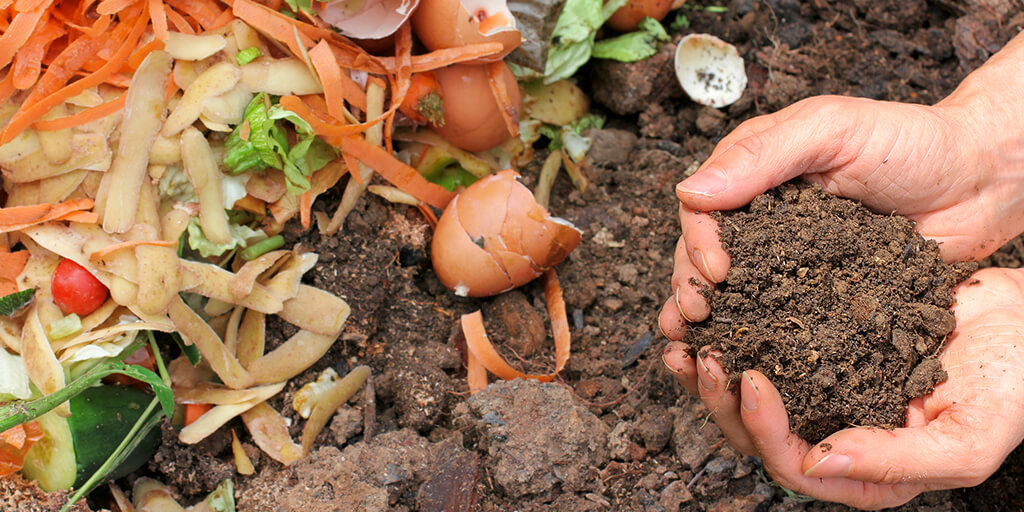
How Do You Dispose of Food Waste?
If you’re being proactive and following helpful pointers for reducing food waste, there should be less of it to throw away. Right? However, there is always something to discard and knowing the proper way to do that is helpful.
Introducing composting at home is a good start. This simple and affordable approach is environmentally friendly and gives back to the earth with rich fertilizer for plants to thrive. In fact, composting can divert 30 percent of waste from the garbage can. Plus, it’s super simple and can take as little as 10 minutes a week. So here’s how to do it:
- Find a place to create a compost pile in your yard.
- Buy a commercial quality metal or plastic bin for composting.
- Collect food scraps such as fruits, vegetables, coffee grounds, tea bags and coffee filters to add.
- Never add meat, fish, milk or meat products to the compost bin! Doing so may attract unwanted guests such as wildlife to your property. (Unless you enjoy amusing curious racoons!)
- Let nature do its work. Typically, composting waste takes anywhere from one to two months with proper management, or 6 months to two years if left on its own.
If you don’t have have a yard, there are indoor compost systems available that are great for apartments.
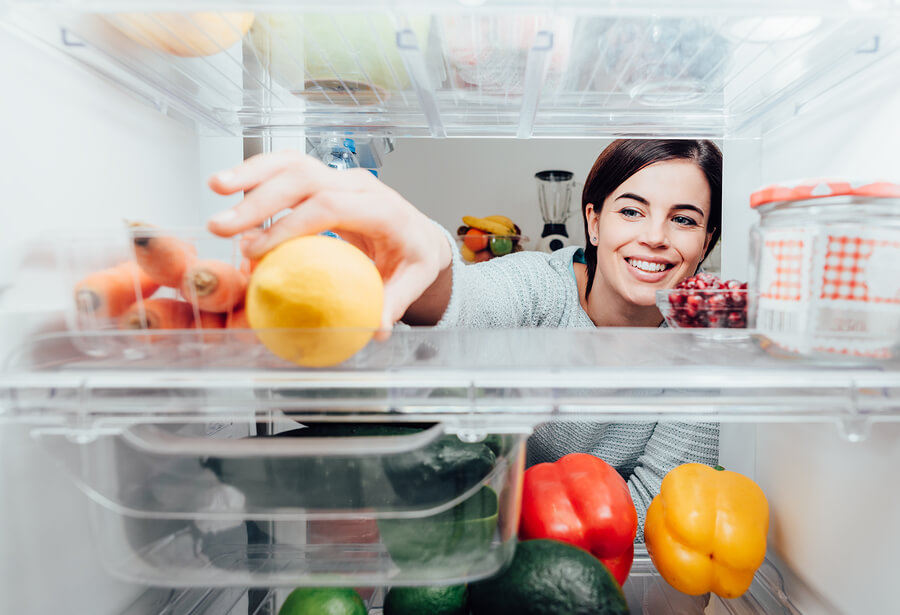
Easy Ways to Recycle Food Waste at Home
Everyone knows about recycling cardboard, bottles and other everyday product packaging at home but what about the actual food itself? Well, it is possible to give new life to items that may be otherwise discarded. Along with composting, here are some other great nuggets for inspiration:
- Save vegetable scraps for broth. From broccoli stalks to onion ends and celery craps, all of this healthy goodness can be stored, frozen and used to make tasty soup at a later date.
- Save citrus peels. Instead of going in the trash, use them to infuse oils with interesting flavors to add to dishes and dips.
- Use cooked meat and seafood leftovers as shortcuts for another dish. That roast chicken you had for Sunday dinner would make for a tasty sandwich or salad during the week!
- Plan meals ahead of time. Having a set grocery list prevents you from overbuying food that could go to waste. Knowing everyone’s portion preference helps a great deal. Also, be sure to take an inventory of what you already have so that you don’t make any unnecessary purchases.
- Avoid letting food go bad in the first place. Is the expiration date on the milk carton nearing? Use it for cereal or a cup of coffee. If salad greens are starting to wilt, make it a priority to eat those first instead of newly bought items in the refrigerator. A last-minute effort can mean save food from going down the garbage disposal.
- Rotate food in the fridge. One way to avoid letting food go bad is to put the older items in view first so that you can consume them in a timely manner.
By taking action and making simple changes in how you approach buying and using food, you will be on your way to reducing waste, and that’s a positive thing. Every action counts and reducing food waste can not only improve lives, but also impact the environment in a big way from having less stuff in our landfills to improving air quality and setting a good example for future generations to follow.
So don’t delay, and get started reducing food waste today!
Are you already ahead of the curve with your food thriftiness or feel ready to start your own compost bin? Sound off in the comments below!

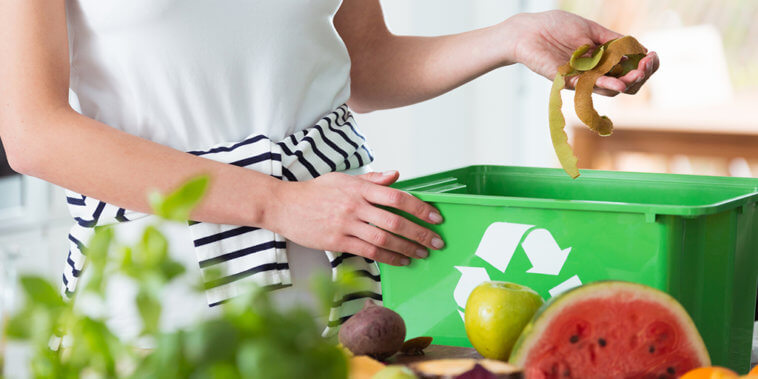


Comments
Loading…